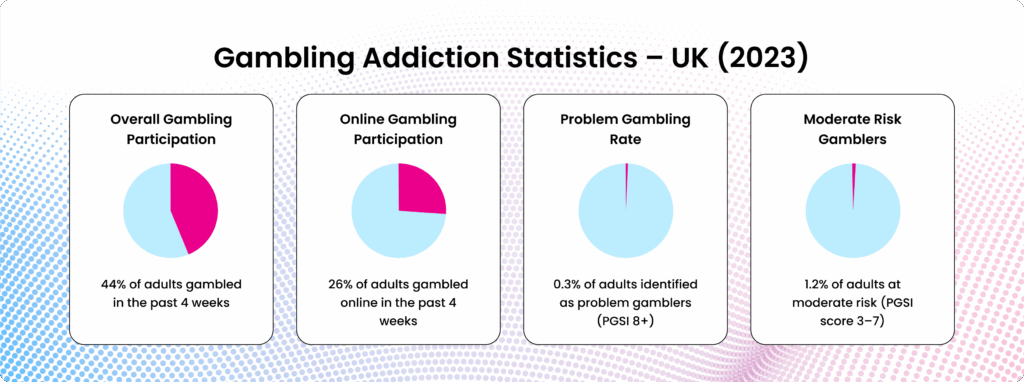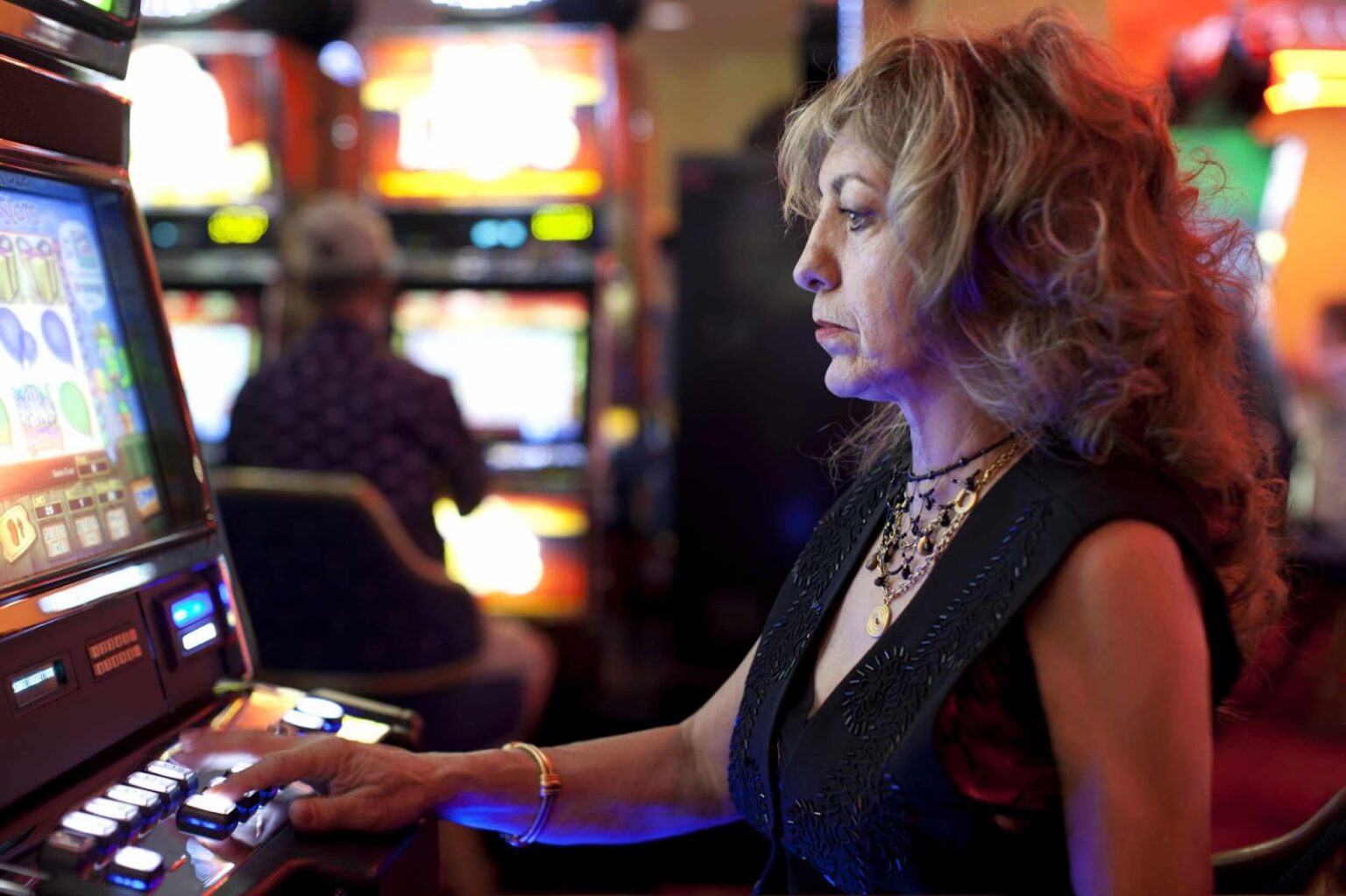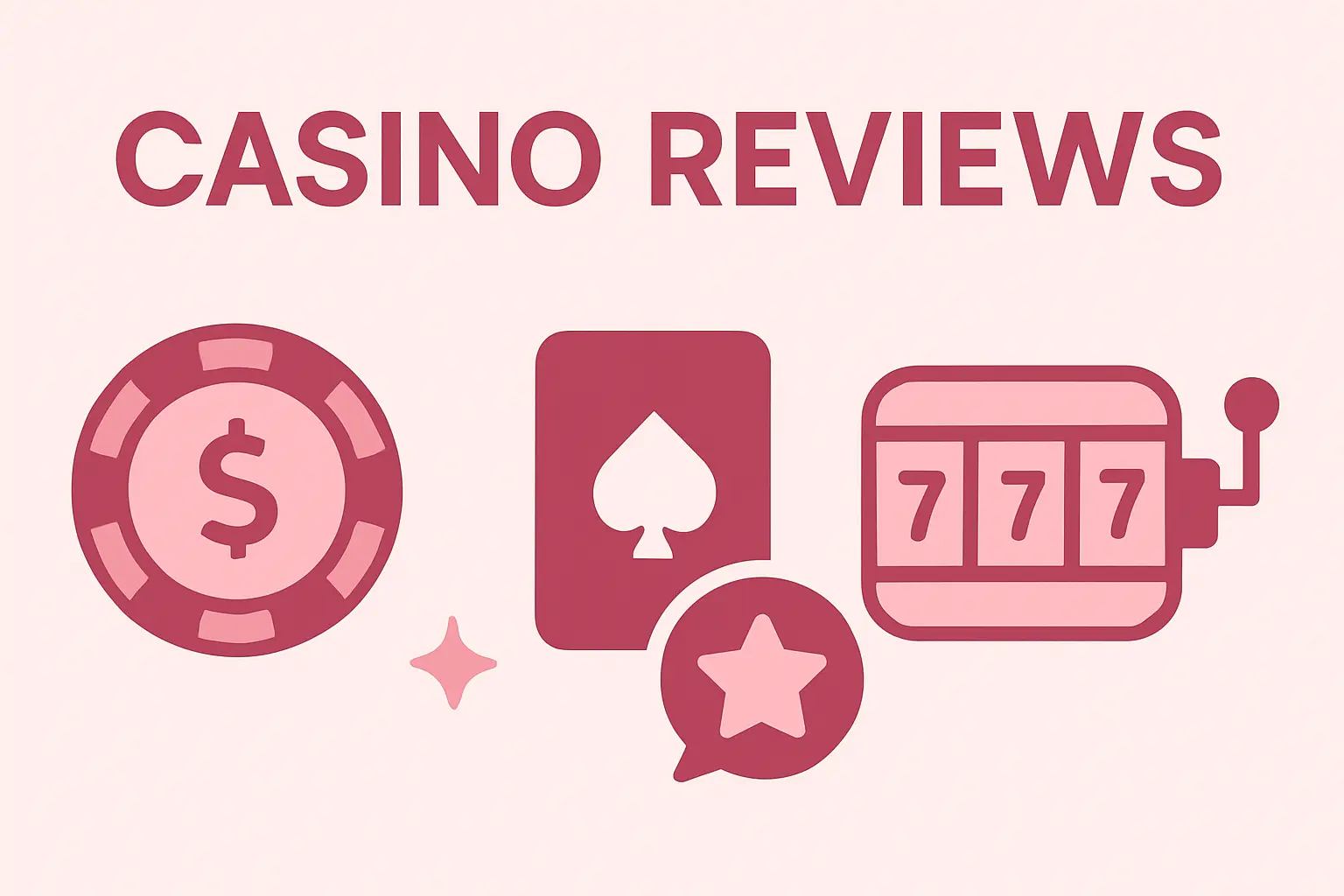Gambling: Information, Impact and Insight
Last modified: 21 August 2025, 14:35
At jostrust.org.uk, we are committed to addressing a wide range of topics that impact the health and wellbeing of women across the UK. Gambling is one such area that intersects with social, emotional, and financial well-being. Through this section, we aim to provide balanced, informative content that explores the realities of gambling from a women’s health perspective.

It often starts with a small bet — a scratch card, a spin, or a quick wager on a football match. But for many young people, that small bet can grow into something far more serious.

After media reports, UK slot machine operator Merkur Slots was fined £95,450. The company failed to properly look after a customer who was later found to be a terminally ill cancer patient.

Gambling often starts as a fun activity, often with friends or during visits to casinos. But for some people, it turns into a serious problem, even from a young age.

Imagine you bet on your favorite sports event, for example, the Royal Ascot. You enjoy occasional betting on various horse races. For you, it can be harmless because you don’t have a desire to make money from it.

Allen Glick was once hailed as a rising star in the Las Vegas casino world. His reputation collapsed when investigators uncovered his links to organized crime.

Here in the UK, players opt for non-GamStop casinos because they offer them more freedom than regular ones. These sites have no connection to the GamStop self-exclusion system.
Addiction in women is often overlooked or misunderstood, especially when it comes to gambling. While society is more open about substance abuse, behavioural addictions like gambling receive less attention, especially when they affect women.
The connection between HPV and stress is not just academic—it’s a real concern for women’s health. Human papillomavirus (HPV) is the most common cause of cervical cancer. But the risk of developing cancer doesn’t depend on the virus alone.
Psychological safety is more than a workplace buzzword—it is essential for women coping with real-life health and behavioural challenges. For women dealing with both cervical cancer and gambling addiction, psychological safety becomes the foundation for recovery, support, and daily functioning.
Cervical screening is often misunderstood. Some women avoid it because of fear, discomfort, or a belief that they’re not at risk. Others postpone it due to time pressure, emotional stress, or simply not knowing how important it is.

Being diagnosed with cervical cancer is life-changing. Treatment can affect your body, your daily life, and your mental health. After the hospital visits and medical procedures, many women feel alone, confused, or emotionally drained.

Gambling disorder affects people in silence. It doesn’t always show on the outside, but it leaves deep marks—emotional, financial, and social. Many who struggle with it don’t ask for help until the damage is severe.

Gambling disorder is often discussed in terms of finances, mental health, or social impact. But there’s a growing concern that goes deeper, especially for women.

The question “Is gambling a mental illness?” isn’t just academic. It affects how we treat people, shape policy, and offer support. Some still believe gambling problems are simply bad choices or weak self-control.

Routine cervical screening can save lives. But for many women, it never happens—or happens too late. A mental health condition like anxiety or a gambling disorder can turn a basic medical task into something that feels overwhelming.

Problem gambling is often linked to money loss, mental health struggles, or damaged relationships. But its impact doesn’t end there. For women, it can directly interfere with cancer prevention.

A compulsive gambling problem rarely stays in one place. It may start with a single bet, a win that sparks confidence, or a loss that leads to chasing. But over time, the effects spread—one decision knocking over the next, like dominoes falling.

Mental illness and cervical cancer are two different health issues, but when they affect the same person, the impact is not just physical or emotional — it’s social. Each comes with its own kind of stigma. Together, they create barriers that many women struggle to name, let alone overcome.

To understand how non-UK online casinos can accept players from the United Kingdom, you need to understand the meaning behind an offshore licence. First, these casino sites don’t have any restrictions and don’t abide by the UKGC.

Browse a variety of brand overviews, each offering useful details to help you compare and choose with confidence. All information is regularly updated to ensure you have access to the latest details.

When we are talking about non-GamStop betting sites (bookmakers, sportsbooks), the meaning behind this “title” is that they are not registered with the UKGC and do not support GamStop safety list.

Spin the reels for free and still win real money! No deposit needed! Below are safe and verified bonus offers from non-GamStop casinos, updated regularly to bring you the newest deals.

